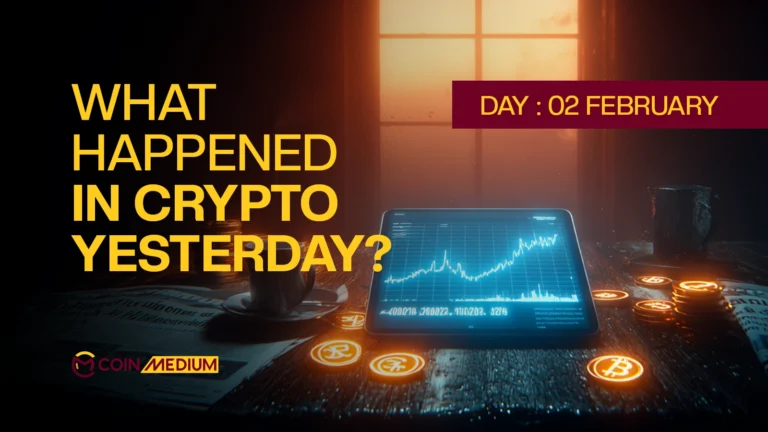Some companies buy advertising. Coinbase just bought an entire show, and that too for $25 million. The cryptocurrency exchange confirmed on Tuesday that it purchased a non-fungible token from crypto trader Jordan Fish, known as Cobie, to force the return of “UpOnly,” a podcast that’s been silent for three years.
CEO Brian Armstrong made the announcement on X, telling his 1.6 million followers, “The rumours are true, we bought the NFT. UpOnlyTV is coming back.” Blockchain records show Coinbase transferred exactly $25 million in USDC to Cobie’s wallet, triggering a contractual obligation that drags him back behind the microphone.
The Challenge Nobody Was Supposed to Win
The whole situation reads like an expensive joke that went too far. Back in May, Cobie created an NFT with unusual terms: burn it, and he’d restart the podcast. He set the price astronomically high, assuming nobody would bite. “You couldn’t set a dollar amount on OpenSea, so I just kept adding 0s till the number seemed too big for anyone to buy, even as a joke,” Cobie admitted at the time.
UpOnly originally featured Cobie and co-host Ledger interviewing traders, founders, and fund managers about cryptocurrency markets. The show shut down around three years ago after FTX imploded in 2022, taking much of crypto’s momentum with it into a brutal winter.
What does $25 Million Entail For Coinbase
After spending $25 Million Coinbase has surprisingly got very little. The NFT’s terms guarantee Coinbase only eight episodes. The fine print explicitly states the holder can “compel Cobie and Ledger Status into performing, like monkeys, 8 episodes of UpOnlyTV.” However, the hosts retain full creative control and can even “call you idiots for buying it, or ignore you completely with zero mentions of your existence.”
Cobie’s reaction mixed disbelief with humor: “Im too old to have a crypto podcast imma be out here looking like Gary V.” He joked about renaming the show “Unc Only” and spending the windfall on cosmetic surgery.
It seems that for Coinbase, the spending seems like getting the ability to experiment, to engage new audiences, and to anchor cultural relevance. It shows that Coinbase is not just a trading bridge but wants to position itself in broader crypto culture and creator ecosystems.







